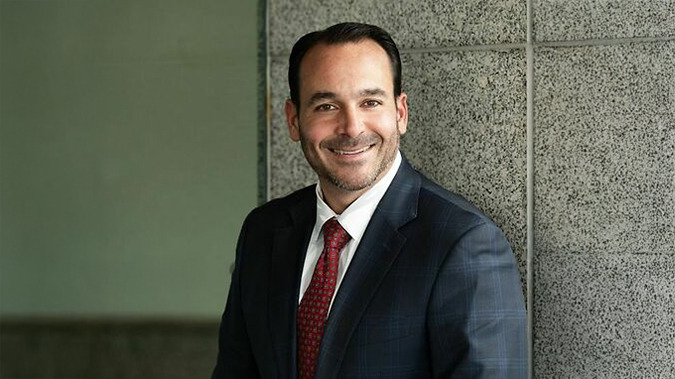New Jersey is barreling toward a fiscal cliff that could soon drain its substantial $8 billion budget surplus unless proactive steps are taken to rein in runaway government spending, a panel of experts warned during a panel discussion at NJBIA’s recent Public Policy Forum.
Regina Egea, president of Garden State Initiative, an independent research group dedicated to promoting economic growth in New Jersey, noted that running a government and running a business are different, but one principle remains the same: You must live within your means.
Yet state spending has increased 54% over the past six years while personal income in New Jersey has only risen 24%, Egea said. While the current budget surplus will enable the state to get through the next budget cycle or two, the current rate of spending is unsustainable.
“The signs of stress are already there,” Egea said.
The loss of federal COVID relief aid that supports different state programs, NJ TRANSIT’s looming $1 billion deficit in FY26, the growing cost of sustaining the ANCHOR property tax relief program, and a new $1 billion STAY NJ property tax relief program for seniors that kicks off in 2026 will all put immense pressure on future state budgets, the panelists said.
Mark Magyar, director of The Steve Sweeney Center for Public Policy, said that even under the most optimistic scenario the state will be “a couple of billion dollars short of maintaining spending at current levels” in the FY26 budget year, which starts on July 1, 2025.
“We have an $8 billion state surplus, which is huge, which is great, but this past year we spent $2 billion more than we took in,” Magyar said. “The state tapped its surplus by $2 billion to sustain state programs.”
If this trend continues, there will be tough budget times ahead, Magyar said. He noted the FY26 budget is enacted in calendar year 2025, which coincides with a gubernatorial election year when politicians are loath to break promises to voters about property tax relief.
There’s “no way” the ANCHOR or Stay NJ property tax relief programs will be cut in an election year, Magyar said, which begs the question on where the money will come from to plug the budget hole.
“We’ve heard both the (Assembly) speaker and the Senate president talk about the possibility of corporate business tax surcharge being extended (to pay) for STAY NJ or NJ TRANSIT,” Magyar noted.
Egea argued it would be wrong to break a promise to the business community by extending the temporary 2.5% CBT surcharge, which is levied on top of the already high 9% CBT rate, beyond its scheduled sunset on Dec. 31, 2023. Other states, including neighboring Pennsylvania, are cutting their corporate taxes significantly, making New Jersey’s 9% rate an outlier, she said.
Gov. Phil Murphy, who cannot run for re-election in 2025 because of term limits, reiterated his opposition to extending the CBT surcharge during his keynote speech to the more than 240 business leaders at the Nov. 28 NJBIA event. It is not impossible, however, for a future governor and legislature to try to re-implement it.
“On the issue of promises … just because someone said it’s going away doesn’t mean that the Legislature can’t change its mind,” noted former state Treasurer David Rousseau, another panelist in the Looming Fiscal Cliff panel discussion.
To view the entire panel discussion, go here.



